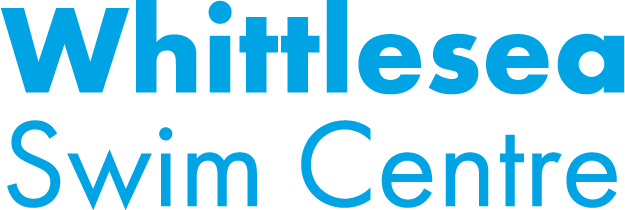The Benefits of Active Kids
As the kids return back to school this term, it is a terrific idea to get them involved in some extra-curricular physical activities like swimming, gymnastics or sports, to keep them moving and promote healthy growth and development!
Why do kids need to be active?
Participation in an adequate amount of daily physical activity helps to encourage children’s and adolescents’ brain development, bone growth and strength, muscle control, balance and coordination, and also helps to maintain a healthy body weight and body mass index. It is highly important for kids to build healthy active habits throughout their childhood and adolescence, as this forms the base of a healthy lifestyle they’ll follow in the longer-term. Not only does sufficient physical activity support children’s growth and development, but it also helps to prevent the risk of issues concerning cardiovascular, metabolic and musculoskeletal health, as well as non-communicable diseases including heart diseases, type 2 diabetes and some cancers. (Source: World Health Organisation)
How much exercise do kids need?
With the fluctuating amounts of energy kids expend on a regular day, it can sometimes be tricky to determine whether they’re getting the correct amount required for optimum health. The Australian Physical Activity and Sedentary Behaviour Guidelines recommend the following amounts of physical activity for these age groups:
- Children aged 2-4 years who are not in school should partake in at least 180 minutes of physical activity, including energetic play.
- Children aged 5-12 and 13-17 years should partake in at least 60 minutes of moderate to vigorous intensity physical activity per day.
What are the benefits of swimming, gymnastics and sports activities?
In addition to the health benefits mentioned earlier, and helping to boost daily physical activity, there are countless positive advantages of children’s participation in swimming lessons, gymnastics classes and sports activities. Here are a few of our favourites!
- Social confidence – each of these physical activities involve a great amount of social interactions and opportunities to form new friendships, learn about social encouragement, and build confidence in a social setting. These valuable skills are highly transferrable to school settings and will only continue to develop from here.
- Teamwork skills – whether you’re playing a defined team sport, participating in swimming lessons or gymnastics classes, there are lots of opportunities for teamwork to be developed through activities including exercise drills and games. Whilst gymnastics and swimming focus on the individual, these activities allow kids to be surrounded by others to learn with as a group.
- Performance in school – participation in physical activity promotes effective cognition and memory, and factors of perseverance and discipline skills derived from these activities can assist in improving learning ethic in school.
- Activity-based skills
- Swimming lessons – strong swimming abilities and good knowledge of water safety are skills for life that will remain important and valuable in any occasion around water, whether it be in a swimming pool, beach or other water environments.
- Gymnastics classes – assist in building strong body coordination, awareness and forming an understanding of discipline, also encouraging positive self-esteem developed throughout repetitive skill learning and performing.
- Sports activities – present numerous setbacks, obstacles and challenges to overcome, all whilst developing sport-related skills and techniques required to continue kicking goals and reaching accomplishments.
So, when you’re planning out your kids’ weekly schedules, remember that the benefits of swimming lessons, gymnastics classes and sports activities are all too valuable to pass up and offer numerous life-long skills you’ll be glad they developed at an early age!




